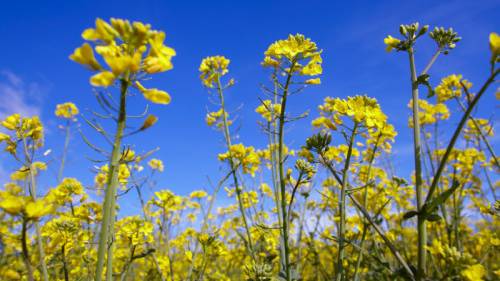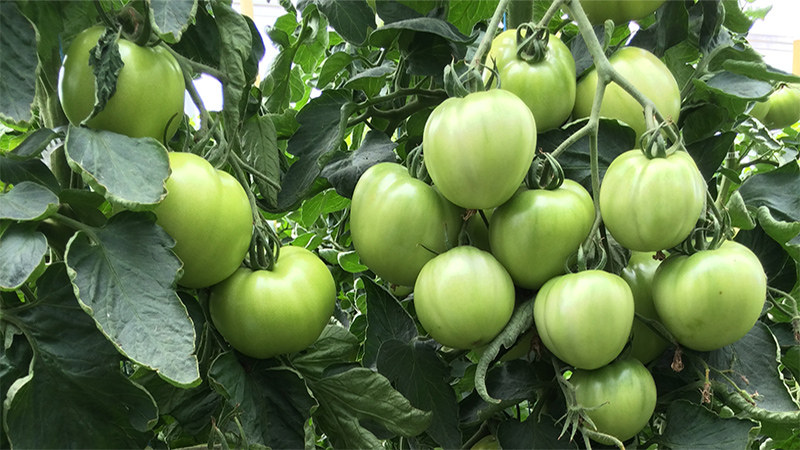Strong Dollar, Long U.S. Winter Hit Syngenta Sales

An expected further reduction in corn acres hit Syngenta’s seed sales.
Photo credit: Flickr user Tumbling Run; Creative Commons license.
Syngenta’s first-quarter sales fell 14% on the strong dollar against the euro and most other currencies, particularly in the CIS. A delayed start to the season in North America also hurt results.
Volumes were 7% lower, while prices were 8% higher, driven largely by increases in the CIS to offset the impact of currency depreciation. Excluding the CIS and glyphosate, prices were up 1%.
In Europe, Africa and the Middle East, sales rose 15% at constant exchange rates with strong growth in crop protection offsetting weakness in seeds due to lower acreage for corn, sunflower and sugar beet in several territories. Central and North Europe and Iberia showed growth in crop protection, while in France, sales of selective herbicides were lower reflecting early orders in the fourth quarter of 2014, with other product lines broadly unchanged. In the CIS currency losses were largely recovered through selling prices, Syngenta said.
In North America, sales declined 16%; excluding glyphosate, where a deliberate reduction is underway, sales were off 13%.
“A prolonged winter delayed the start of the season in the USA and Seedcare was sharply down in Canada owing to high channel inventories. Seeds sales reflected an expected further reduction in corn acres, lower royalty income and changes in Syngenta’s distribution model to increase focus and profitability,” the company said.
Latin American sales at the end of the season fell 11% following a strong fourth quarter in 2014. Credit management in Venezuela caused a delay in sales. Insecticides sales were down across the region as a result of low pest pressure. Elatus fungicide continued to make a positive contribution as remaining orders were fulfilled. Corn seed sales in Brazil were lower due to reduced acreage.
In Asia Pacific, sales in North East Asia were affected by phasing in Japan related to last year’s consumption tax increase. Sales in China were lower due to the phasing out of liquid formulations of paraquat. The impact of lower rice acreage in Thailand was partially offset by further expansion of GroMore protocols in South Asia.
“In an environment of currency and crop price volatility, we have demonstrated our ability to successfully manage risk, as evidenced by the substantial price increases achieved in the CIS. With the main North American season now underway, we are focused on maximizing the opportunity for our herbicide portfolio,” said Chief Executive Mike Mack.






